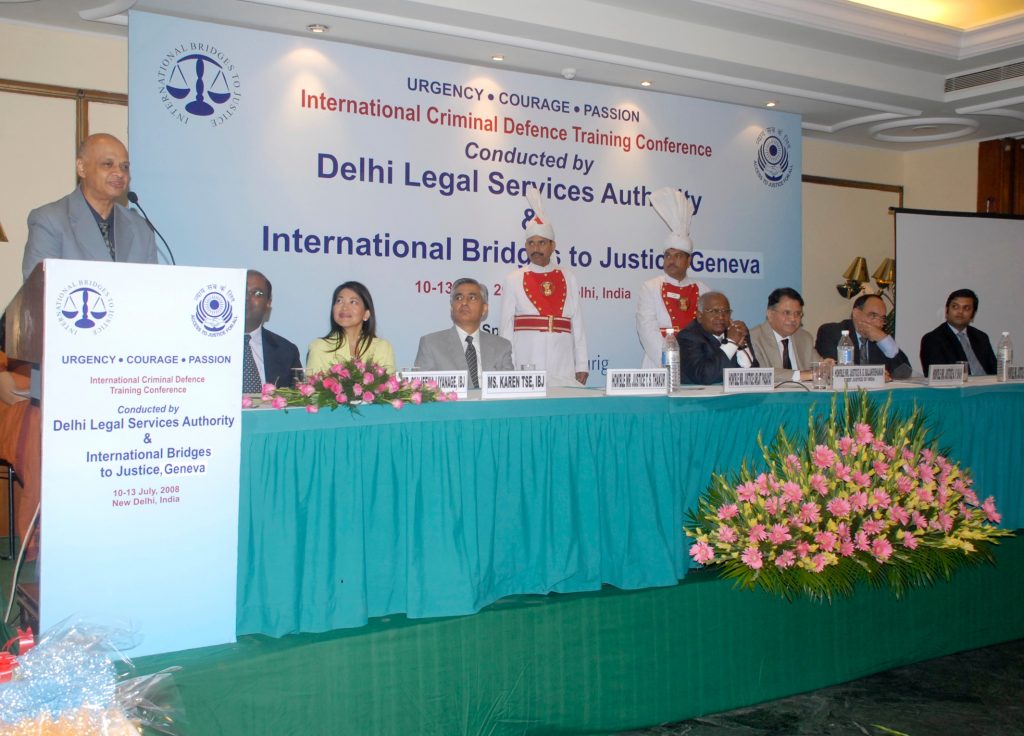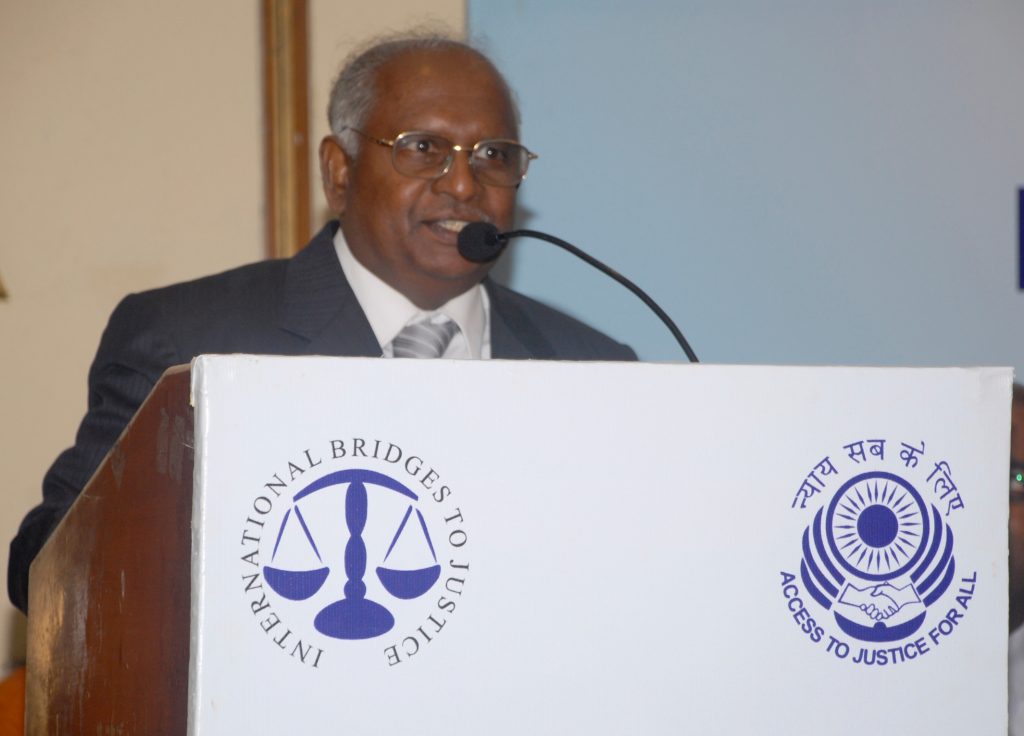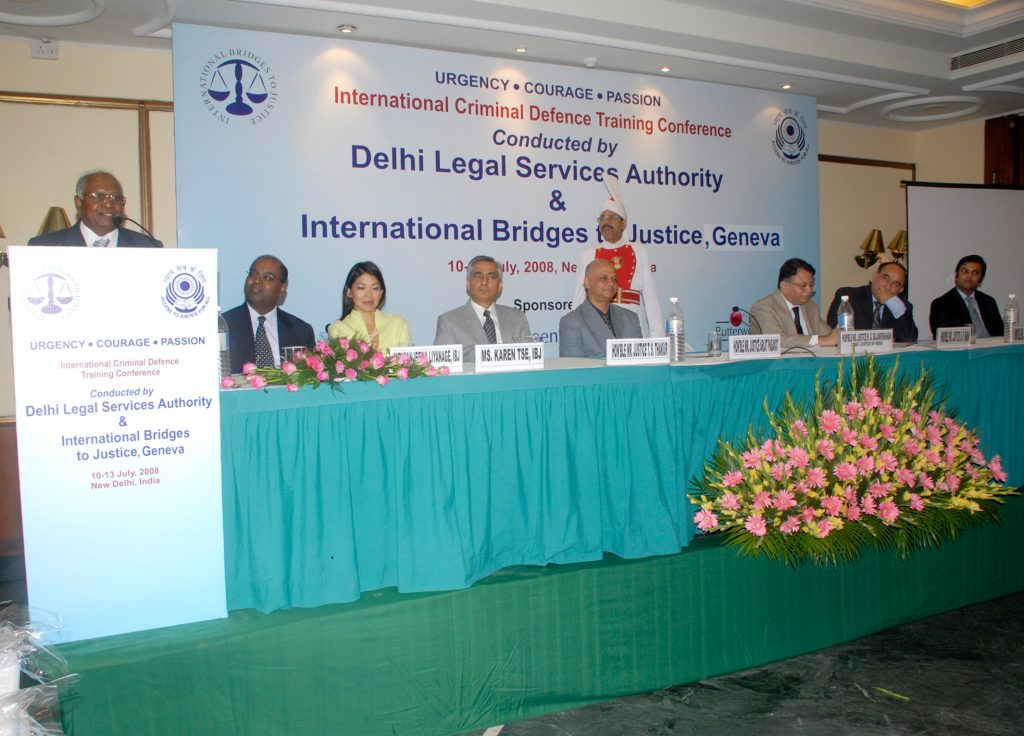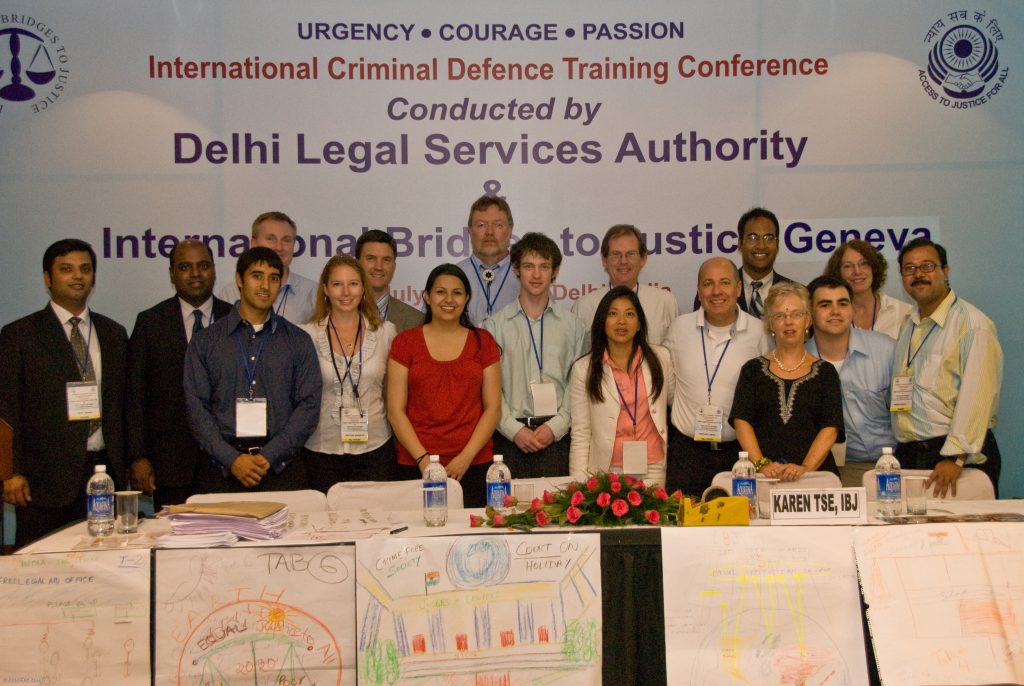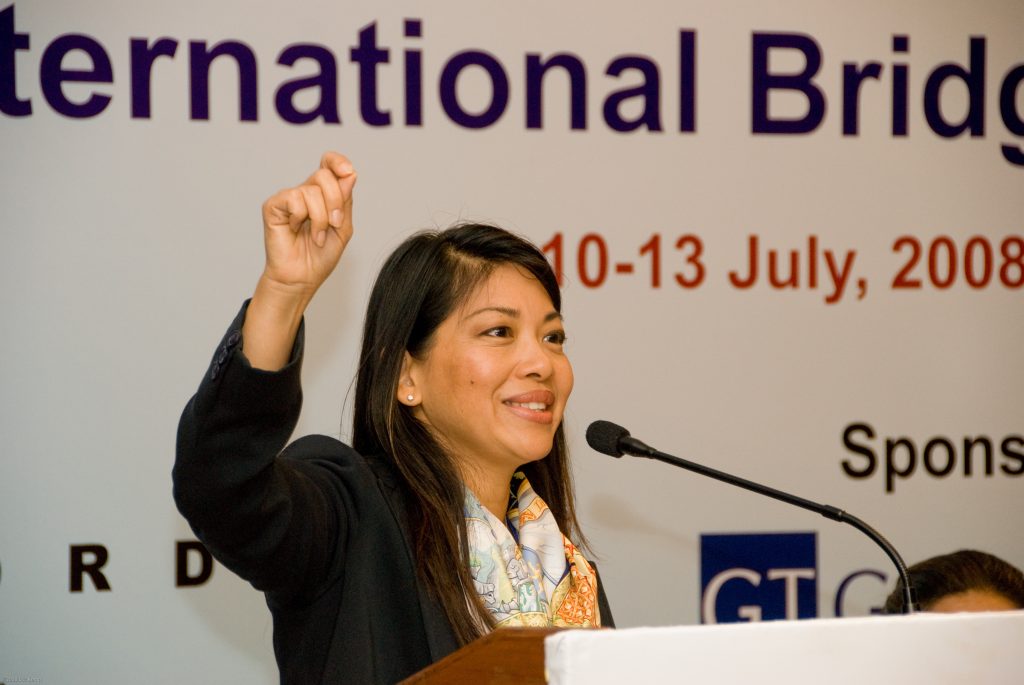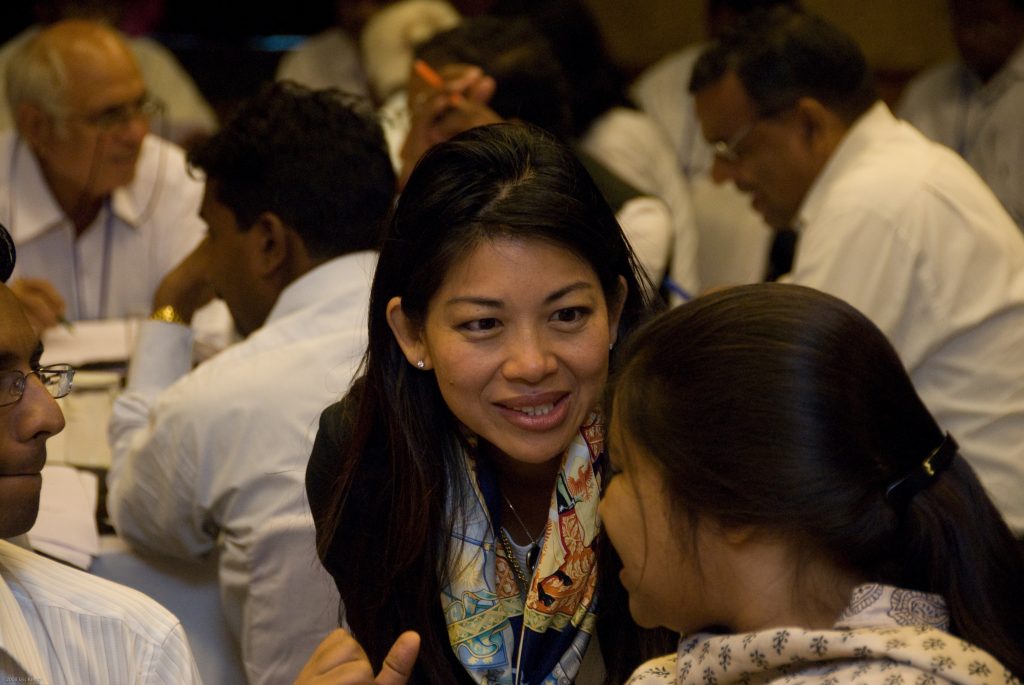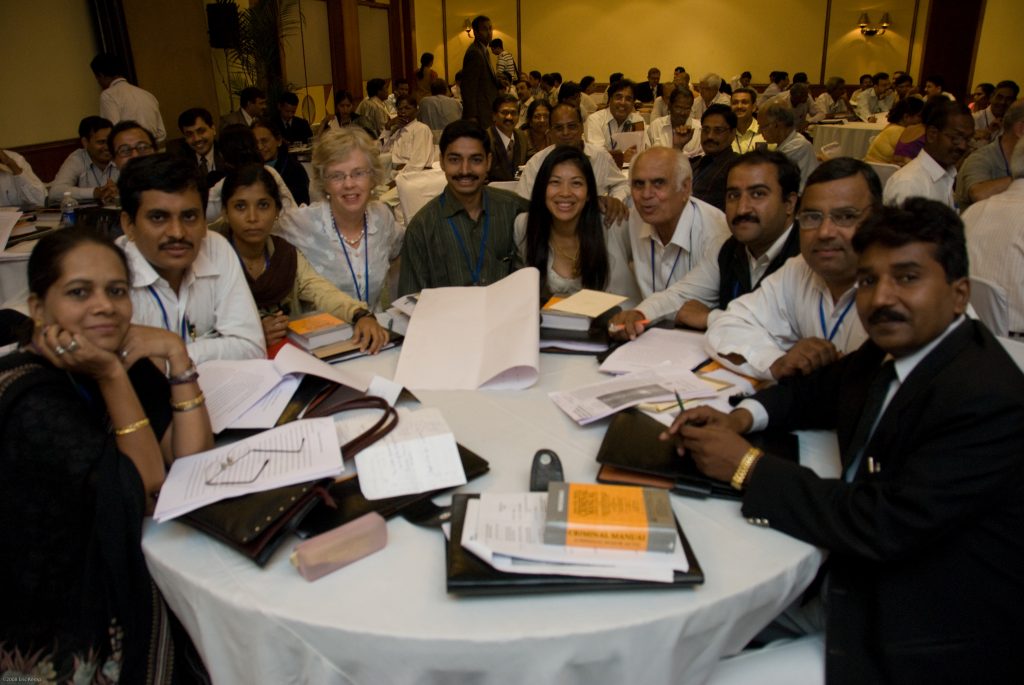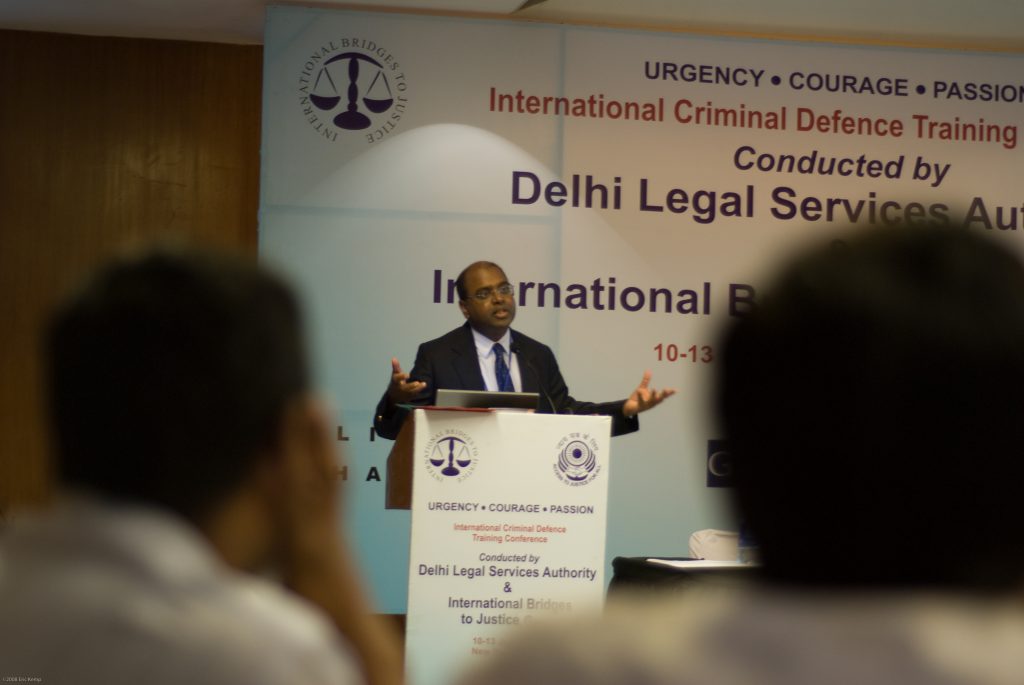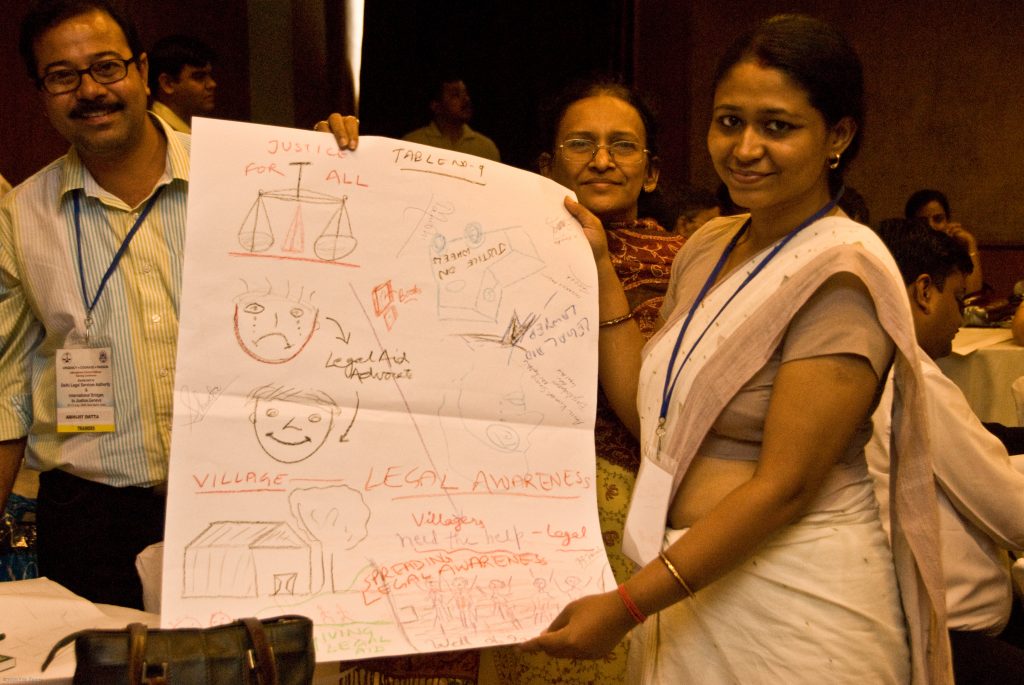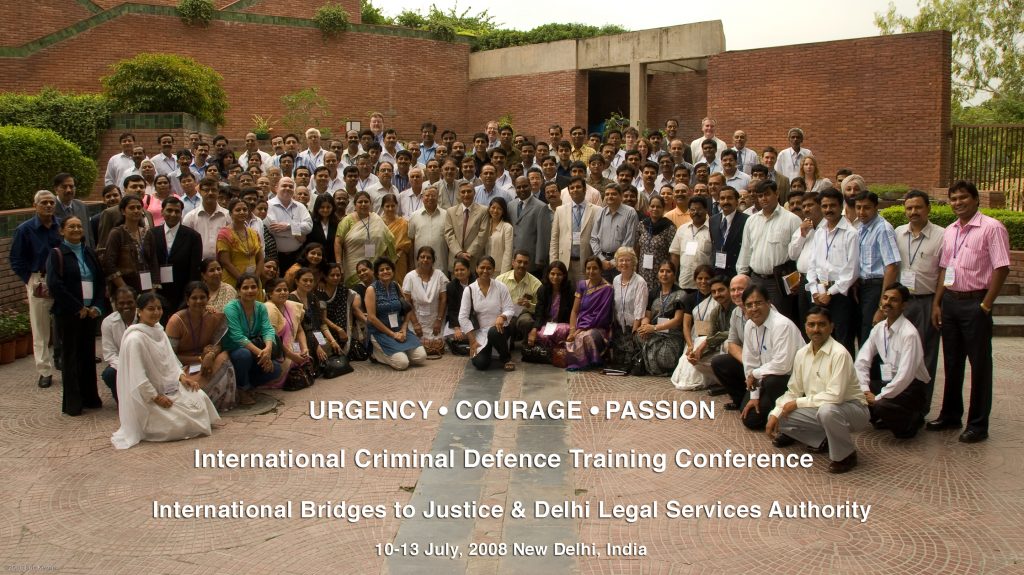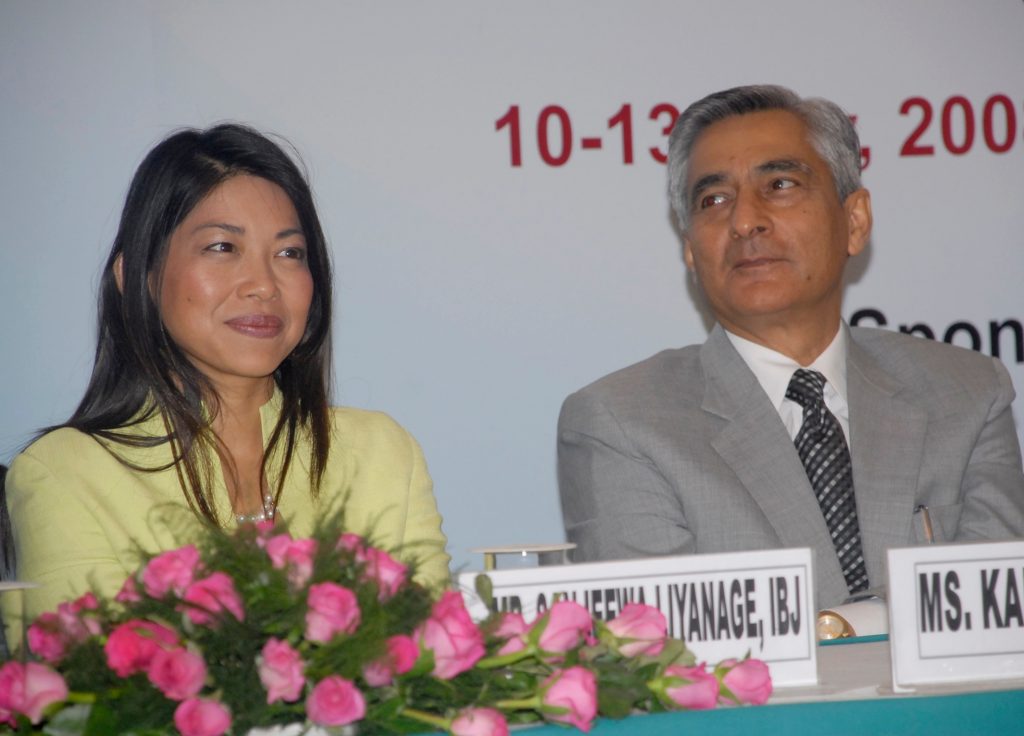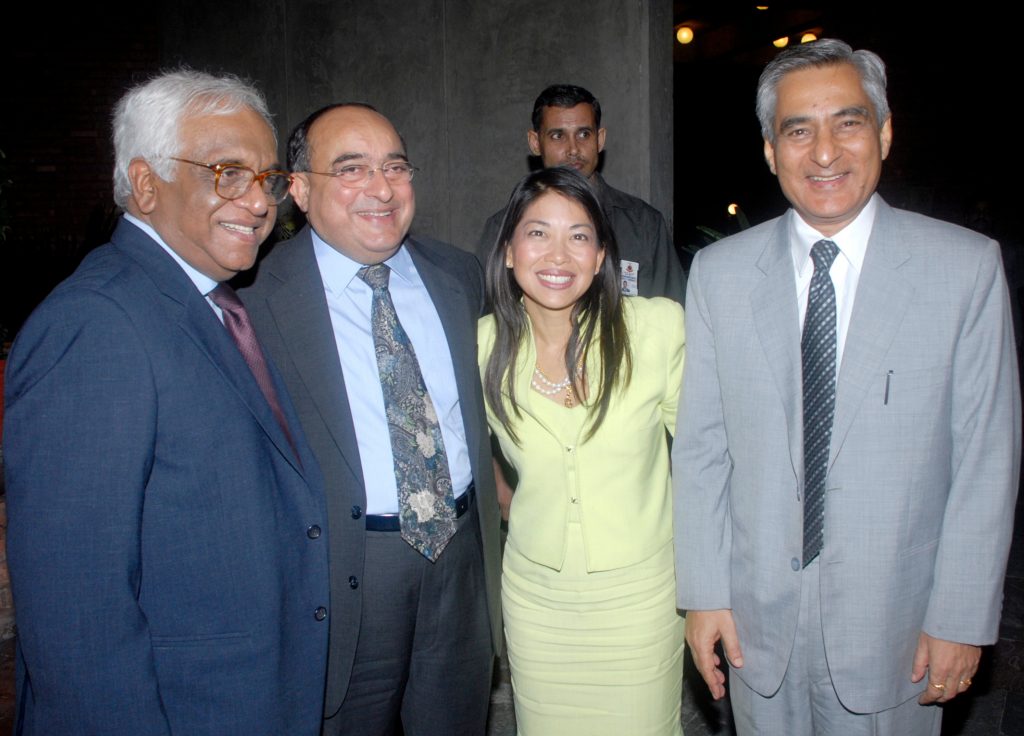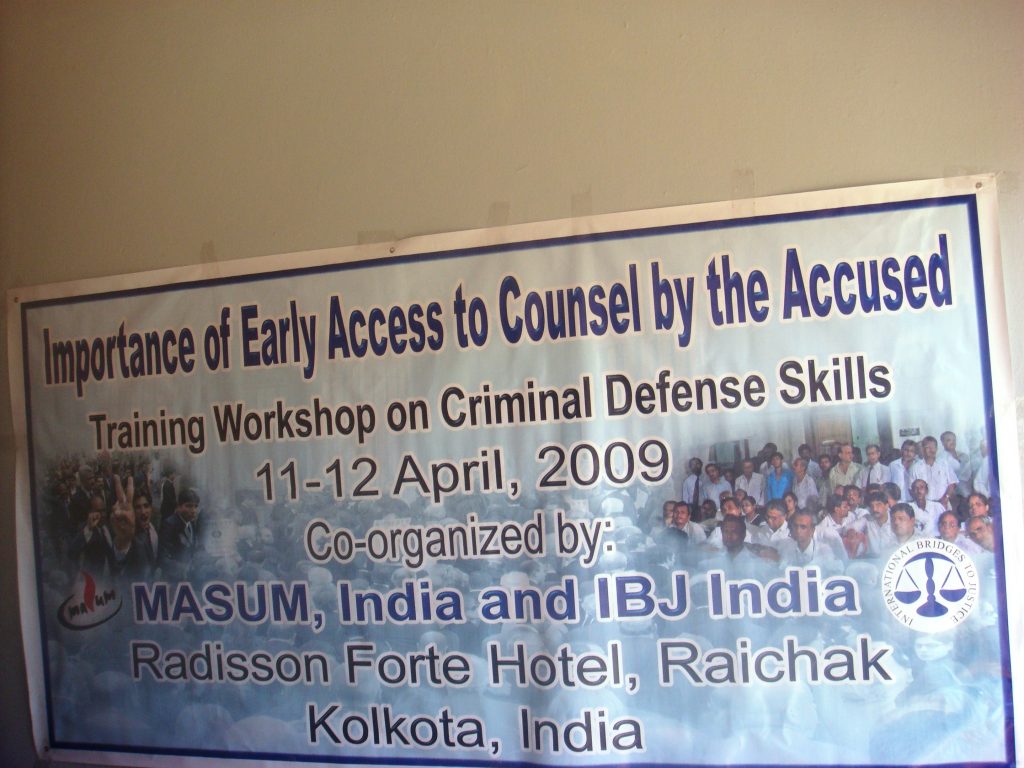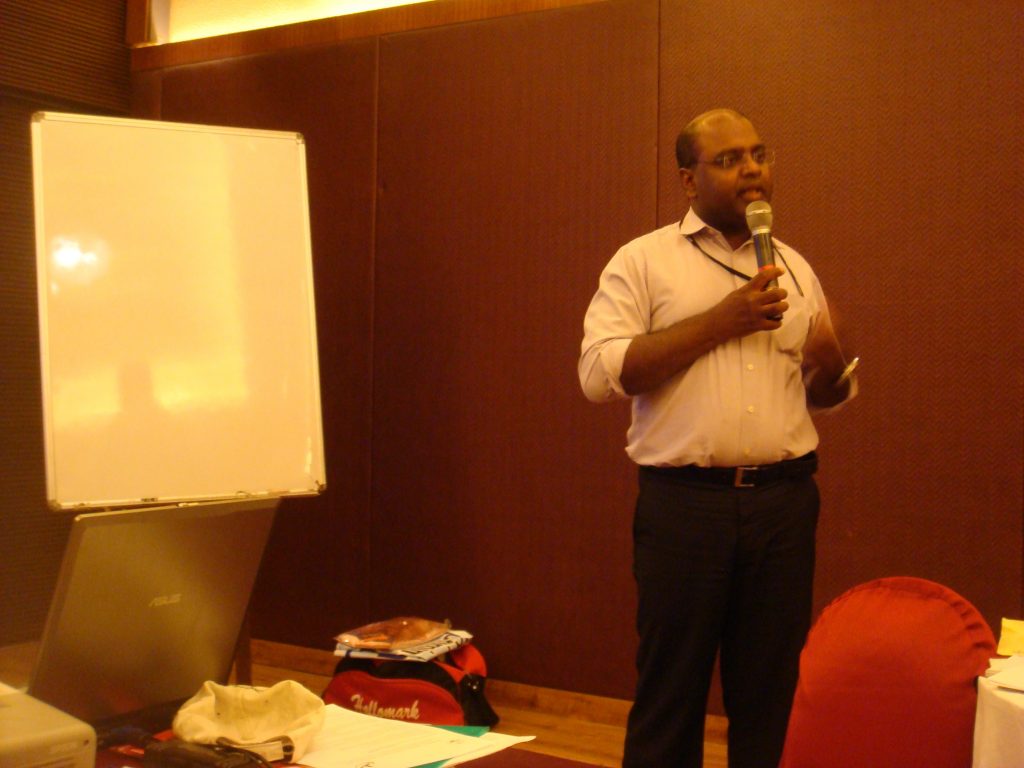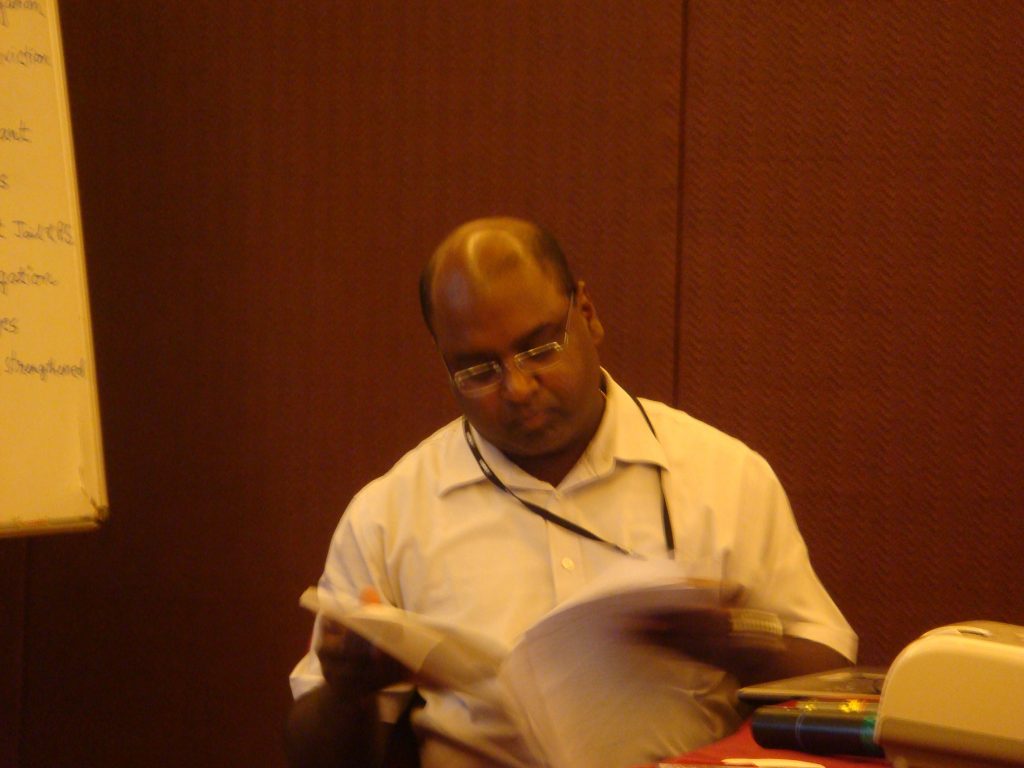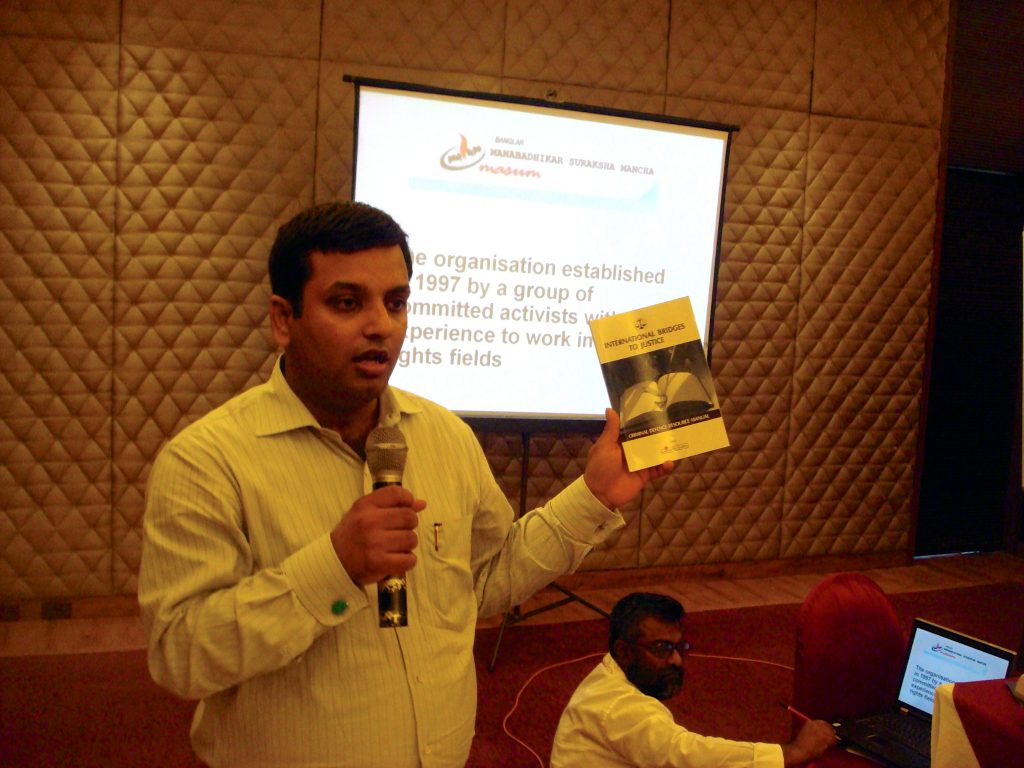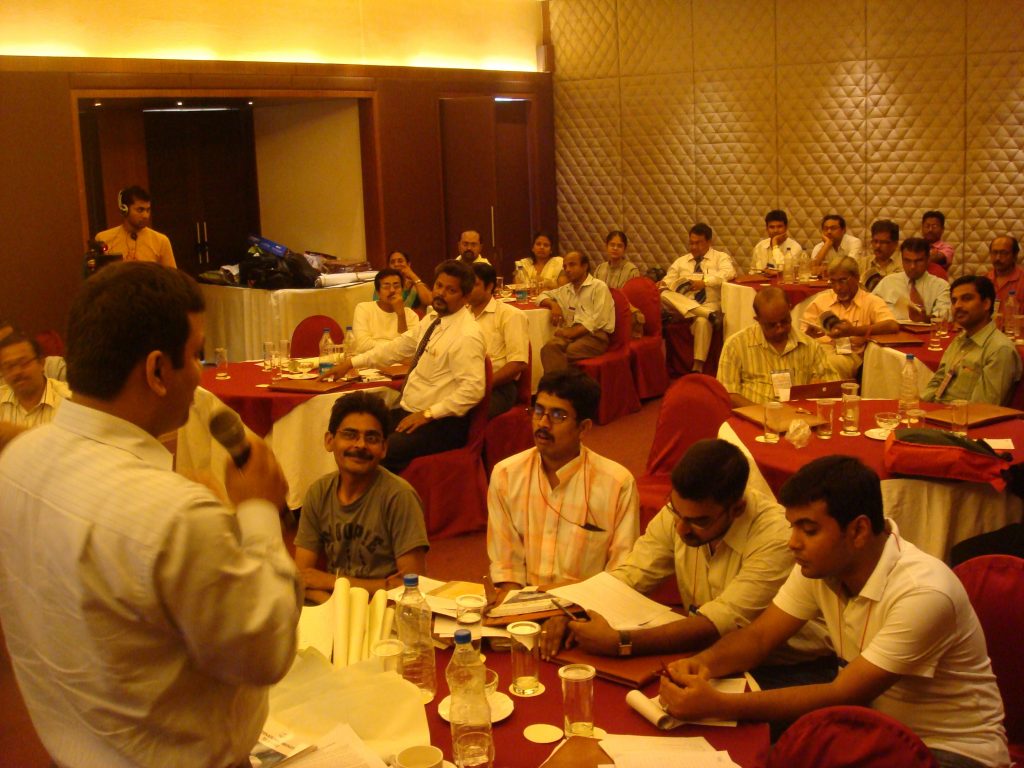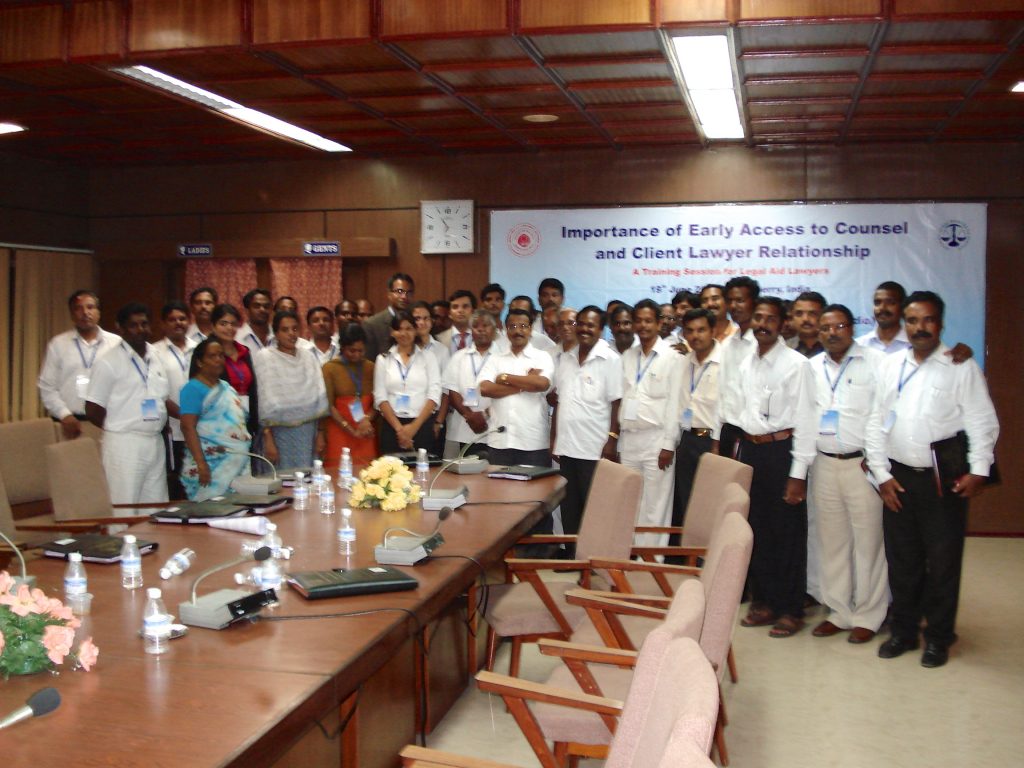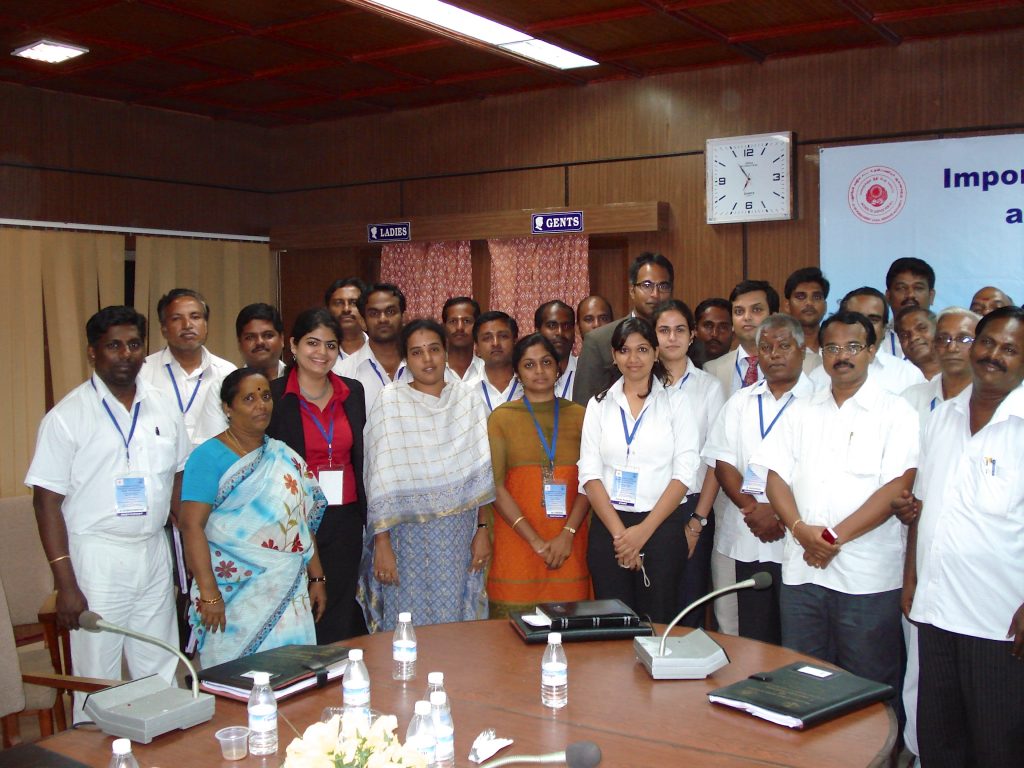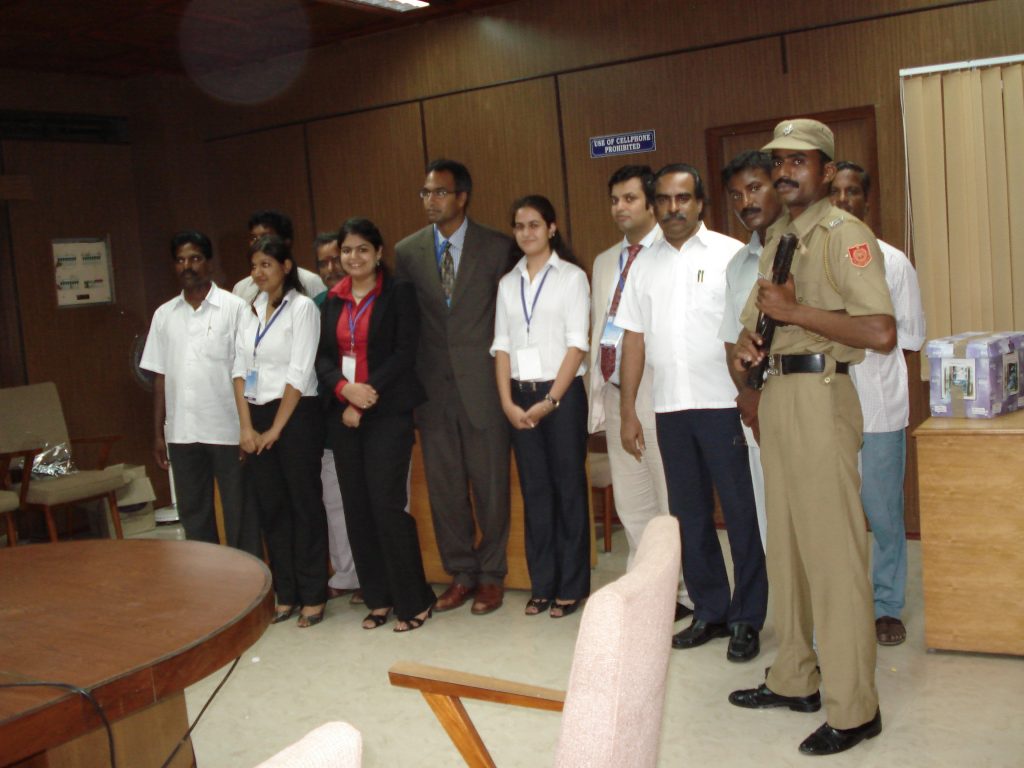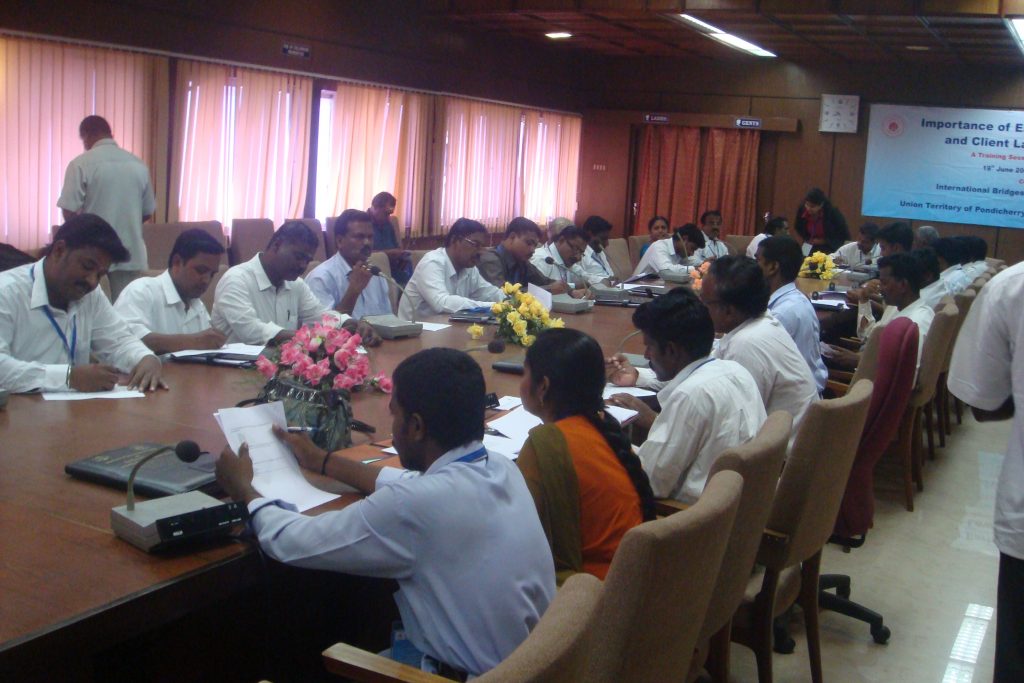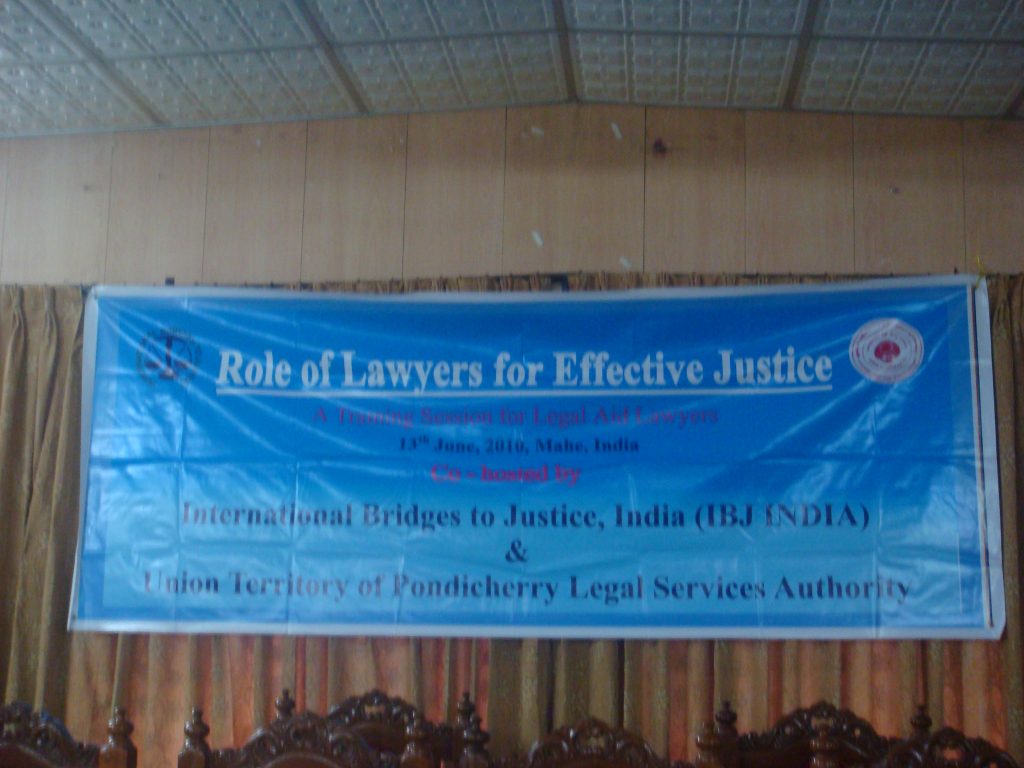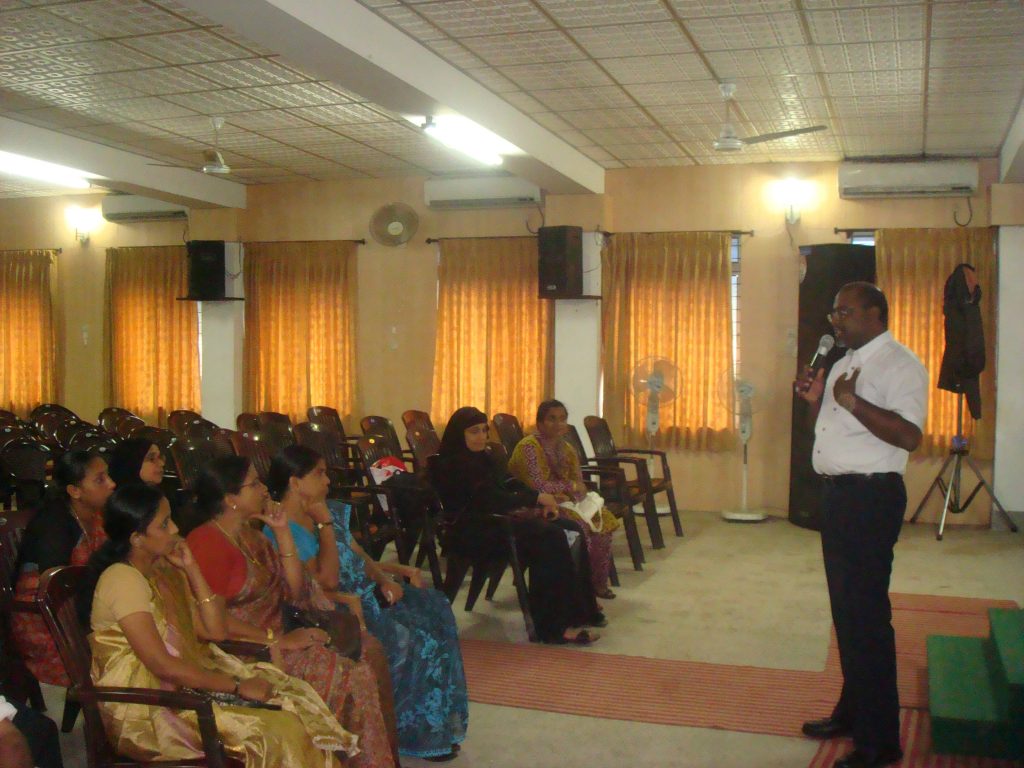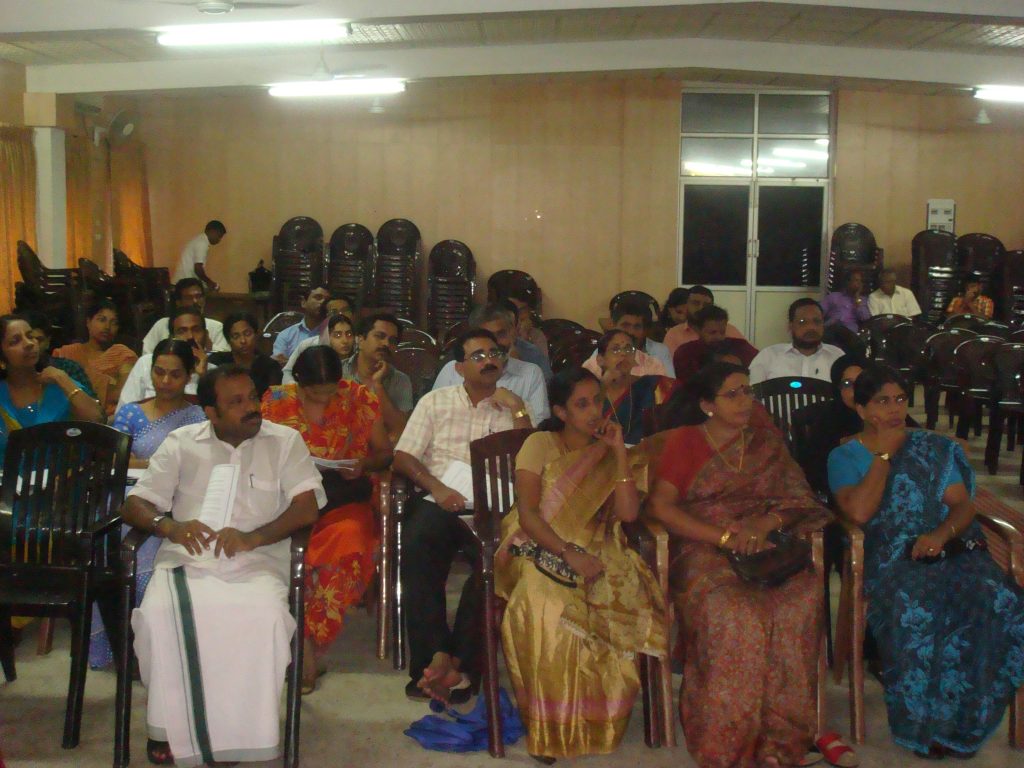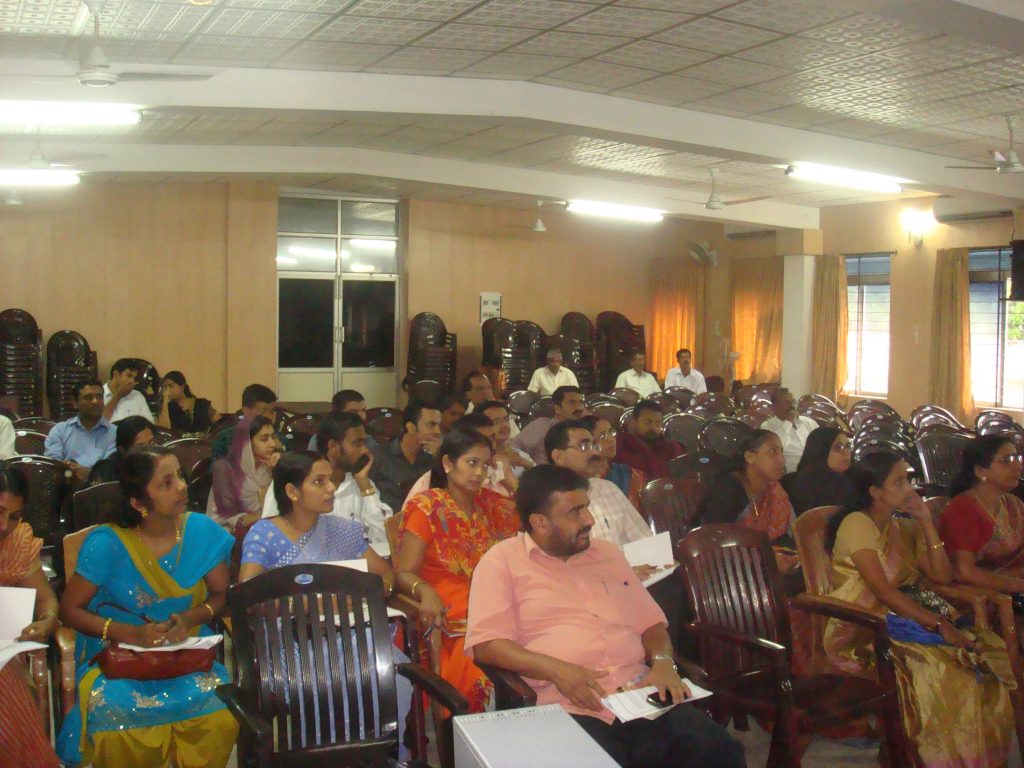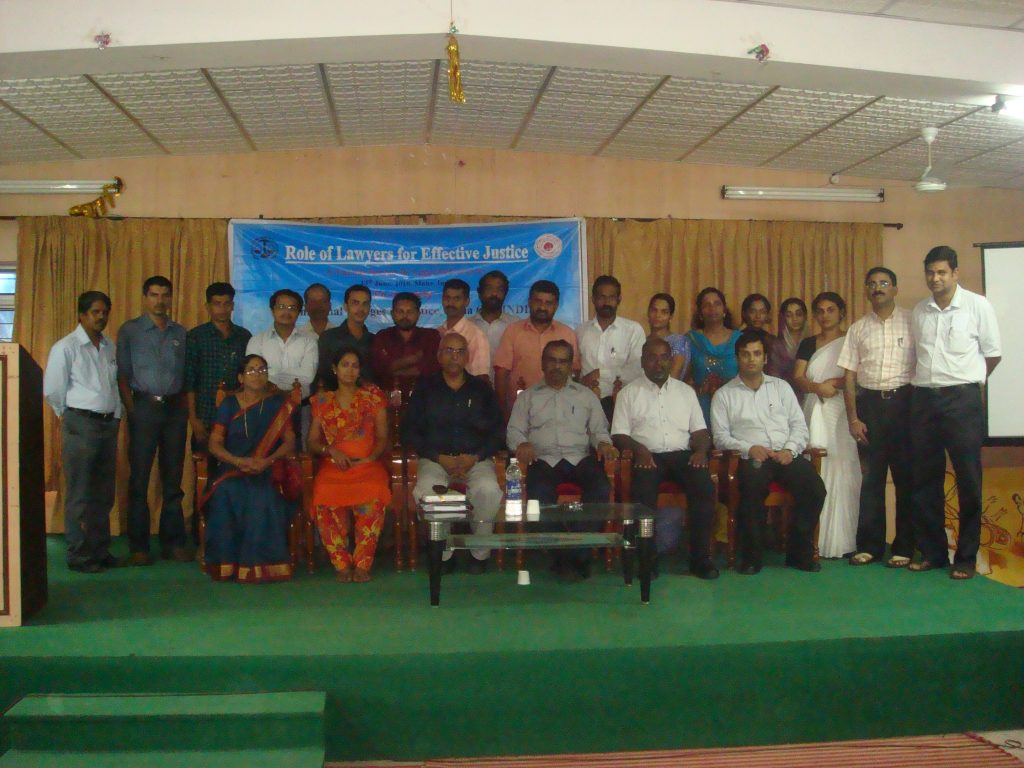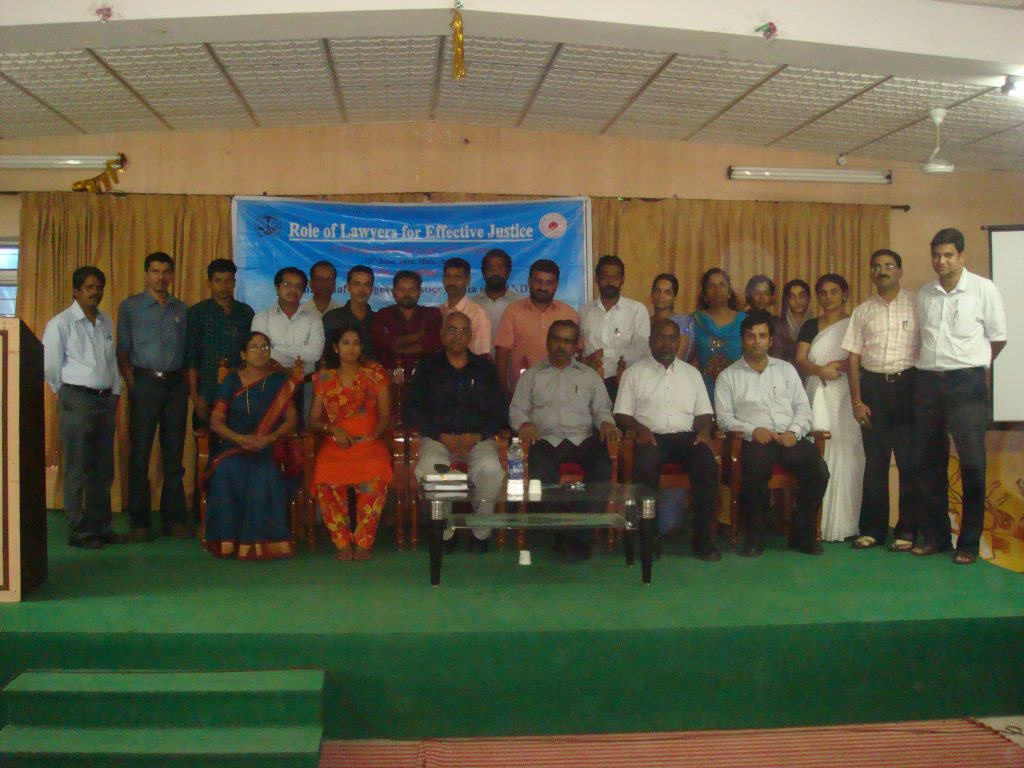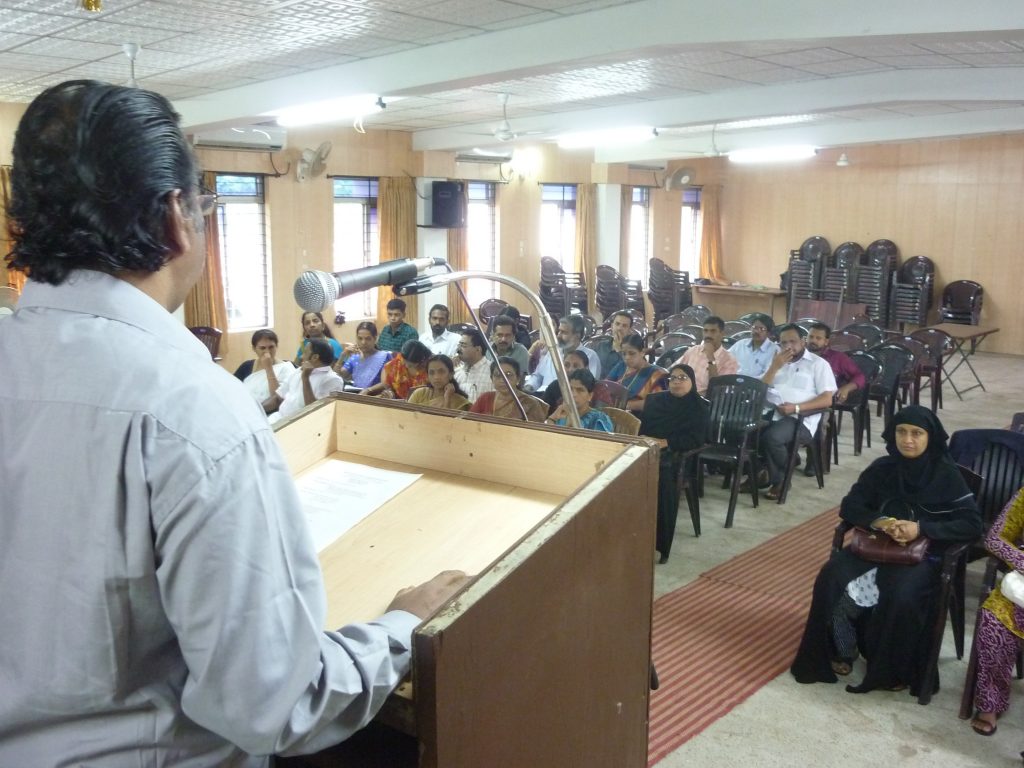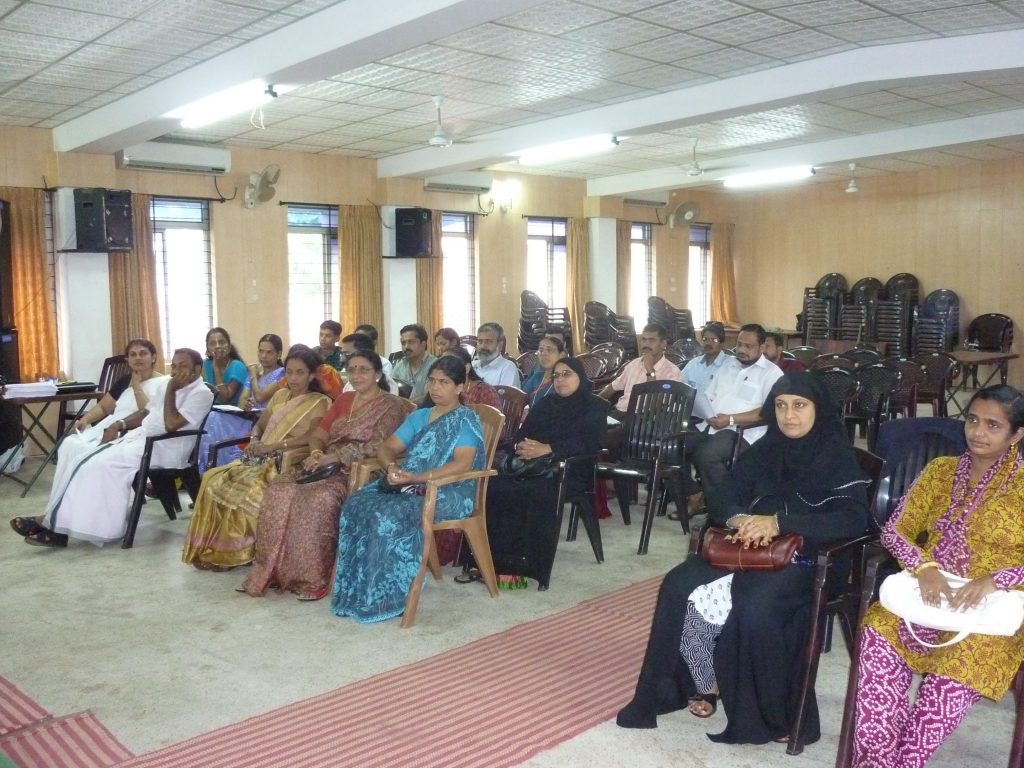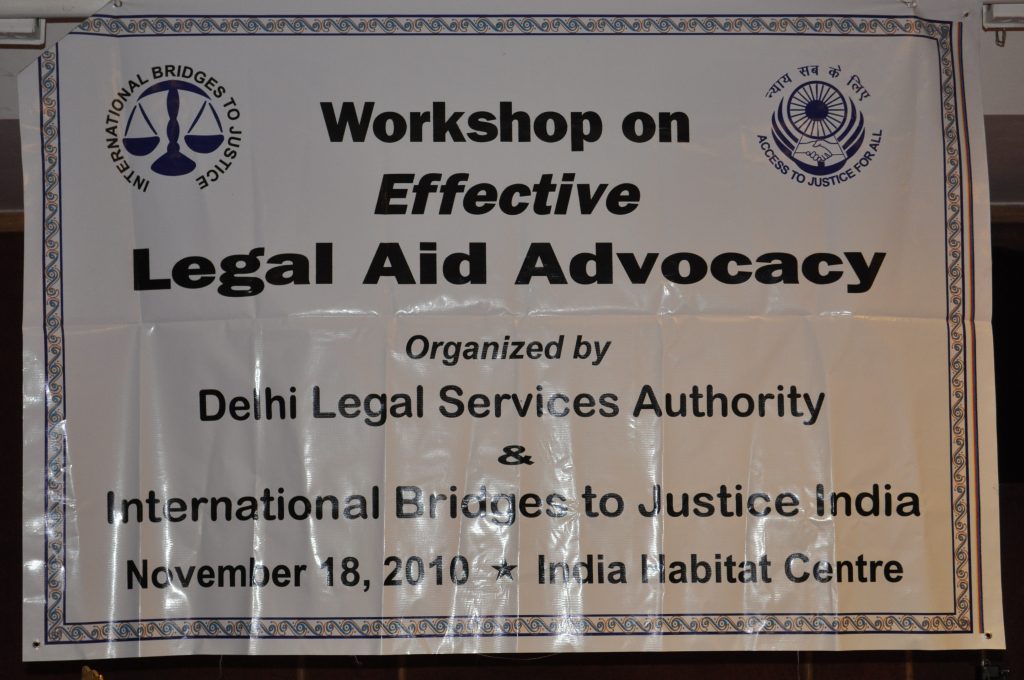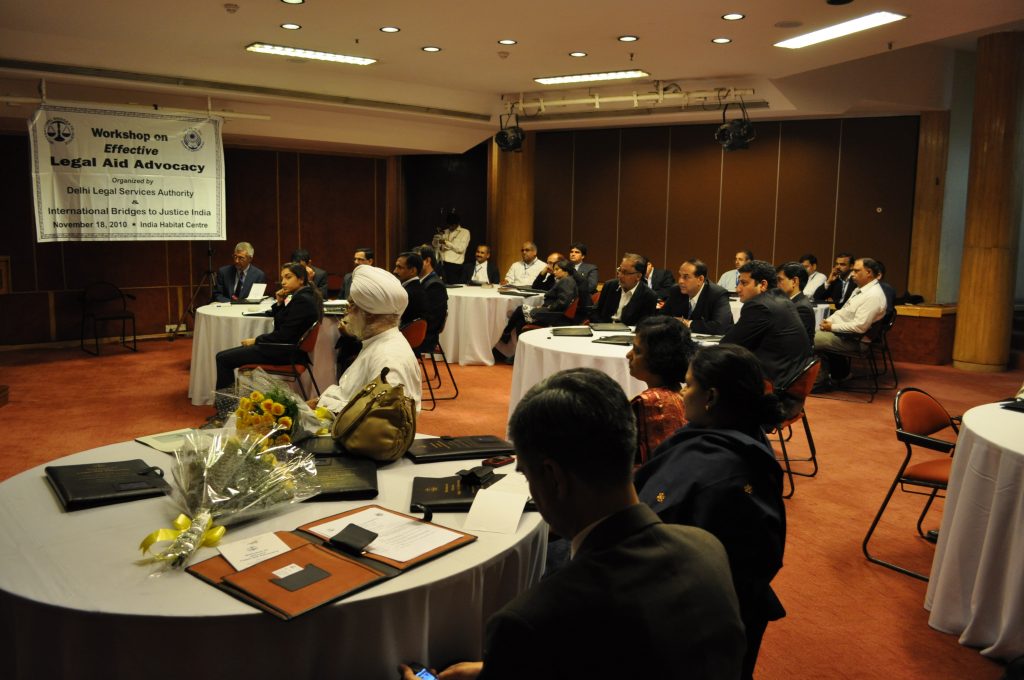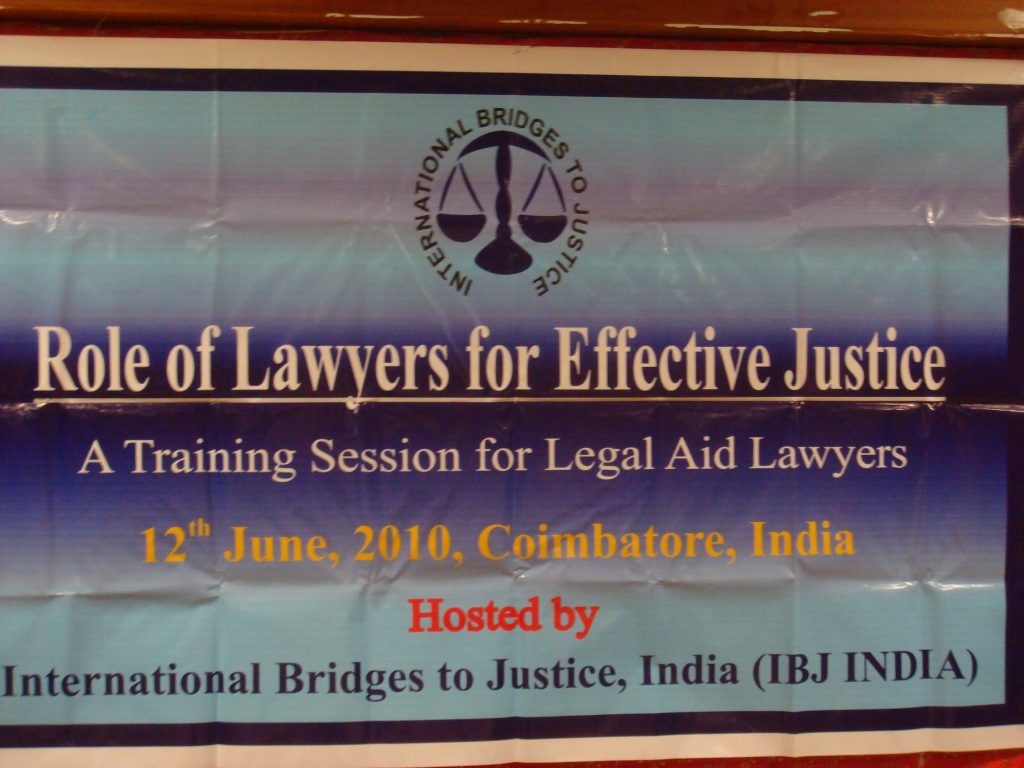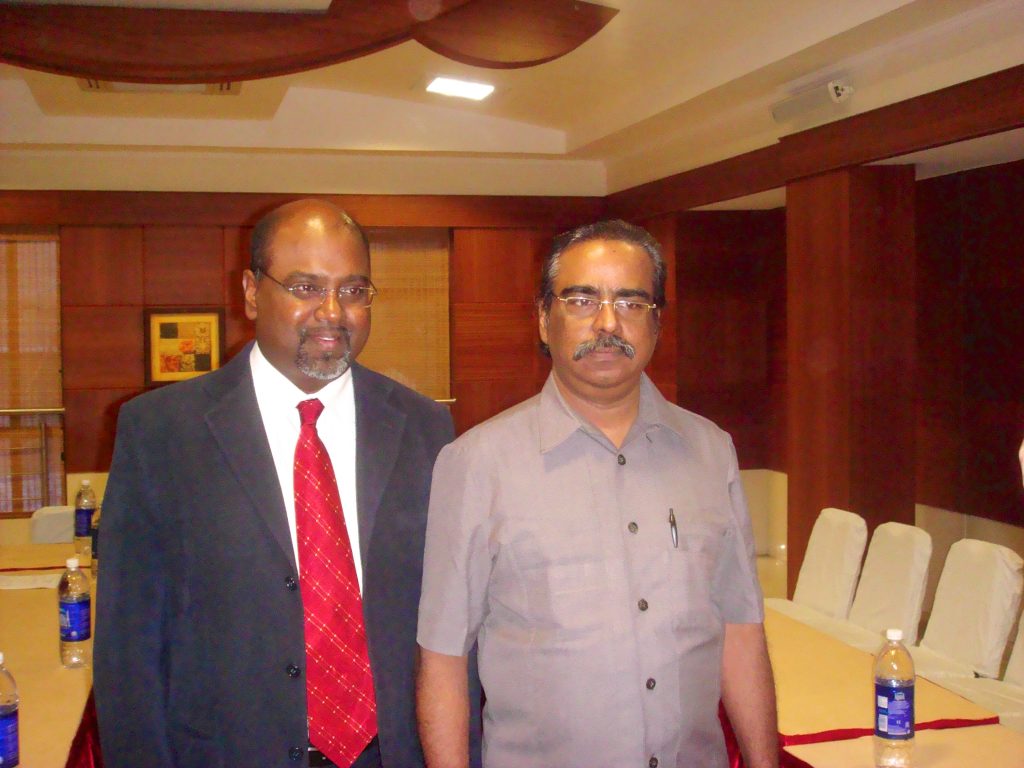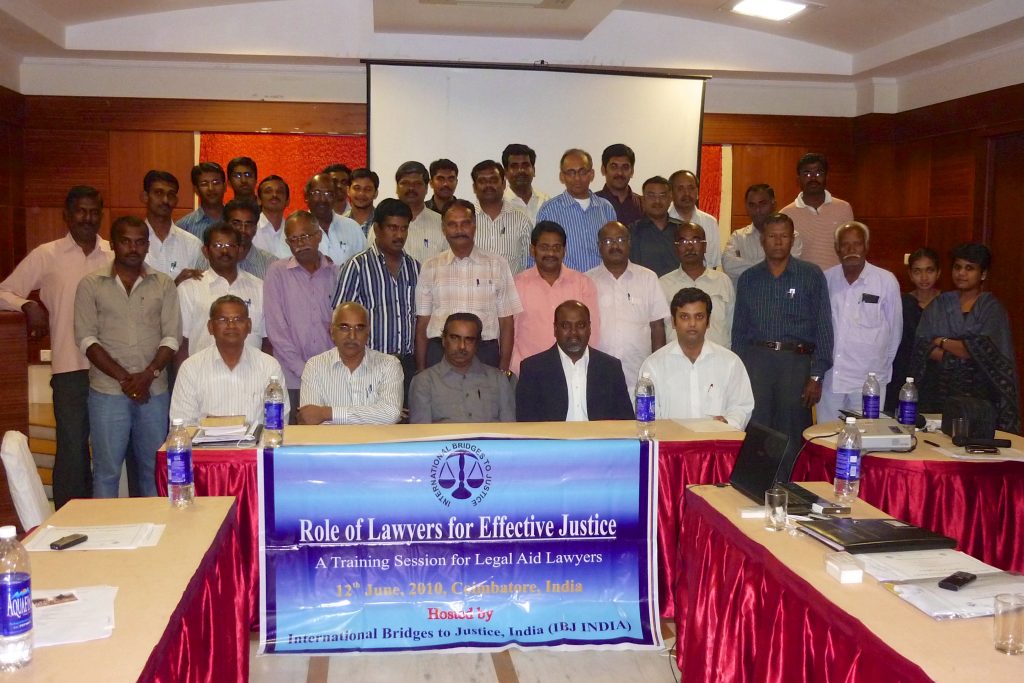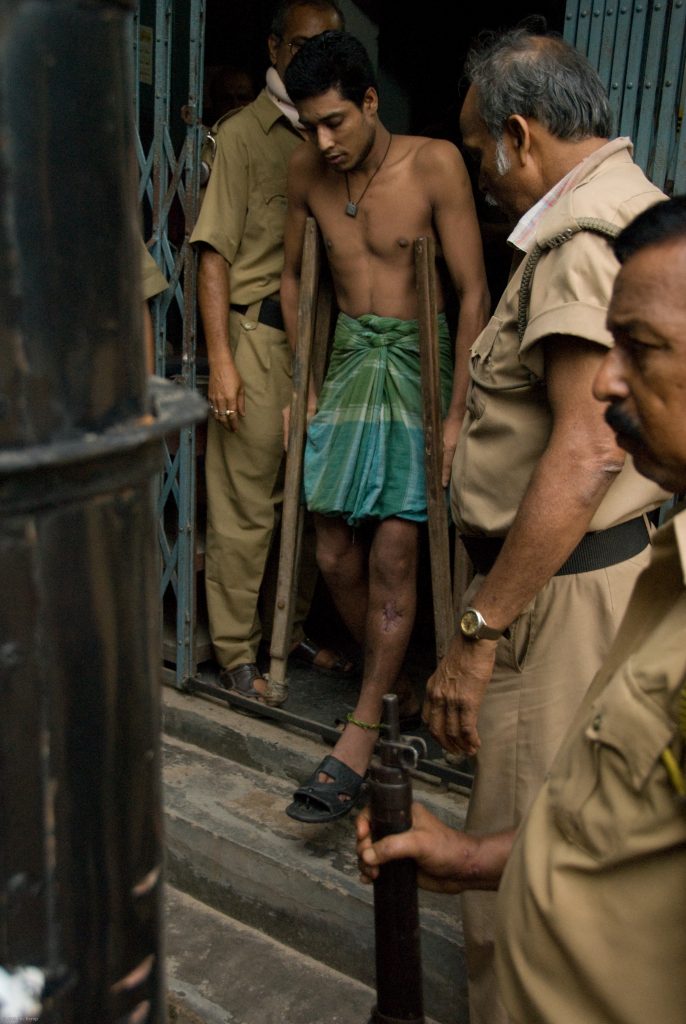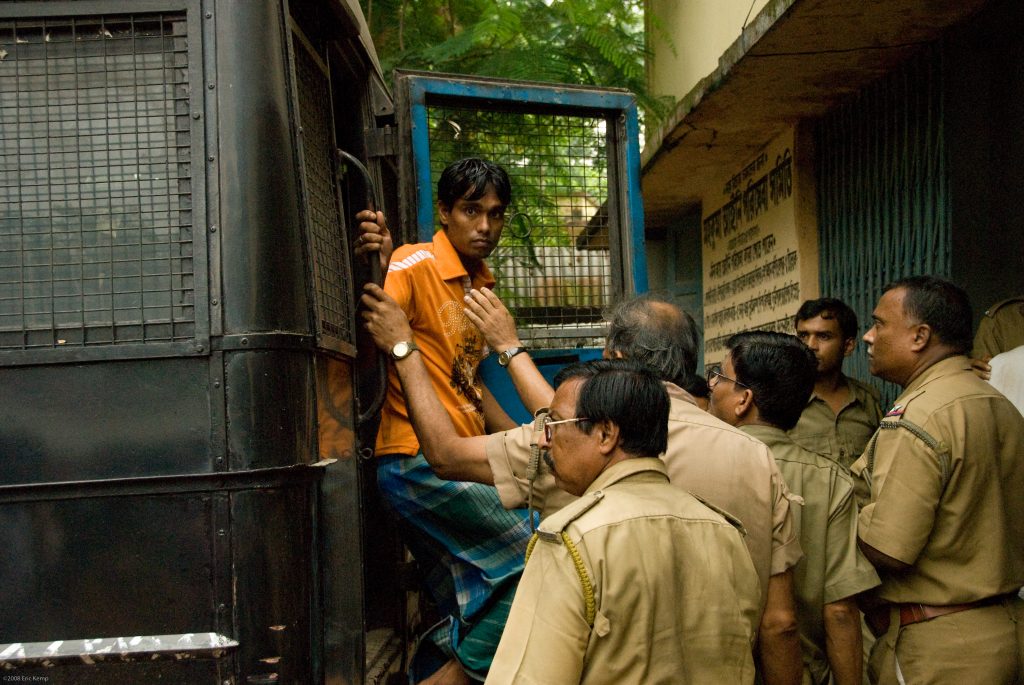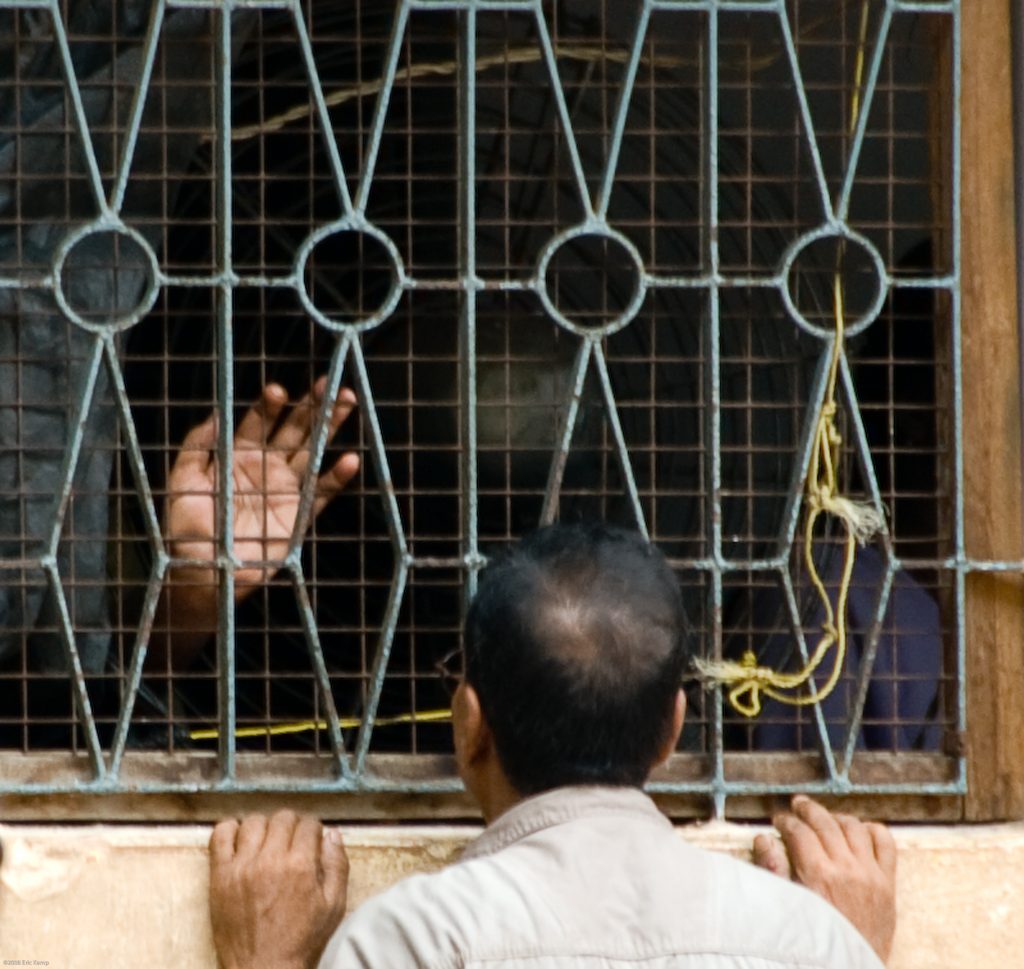Le programme indien du IBJ a débuté en 2008 avec une formation internationale en matière de défense pénale à New Delhi et l’ouverture ultérieure des portes du Defender Resource Center Delhi. Depuis lors, IBJ Inde travaille sans relâche aux côtés des institutions gouvernementales et des acteurs de la justice pour offrir un accès rapide à un avocat.
L’impact en chiffres
L’Inde a une longue tradition juridique et est le berceau de l’activisme judiciaire en Asie. L’infrastructure juridique est en place et des services d’aide juridique sont mis en place au niveau national, des États et des districts. La police a régulièrement recours à la torture pour obtenir des aveux en lieu et place d’une enquête. Selon les rapports, quatre personnes meurent chaque jour des suites de la torture ou de mauvais traitements subis en détention. Grâce à notre travail, nous avons permis à plus de 8000 personnes d’avoir accès à un avocat, alors qu’elles n’en auraient pas eu les moyens.
- 1 Centre des droits des défenseurs (DRC) à New Delhi.
- 5 030 avocats formés
- 10 741 cas représentés par les avocats du IBJ
- 890 fonctionnaires du secteur de la justice formés par le biais de tables rondes
- 40 646 personnes ont été sensibilisées à leurs droits
- 19 sessions de formation qui ont permis de former 891 intervenants juridiques
- 11 modules d’apprentissage en ligne créés
Changement de système
IBJ India a créé des partenariats stratégiques à travers Delhi, afin d’aider et de soutenir le travail effectué par le Delhi Defender Resource Center. Des partenariats ont été créés avec le Territoire de la capitale nationale de Delhi, la Delhi State Legal Services Authority (DSLSA) et les prisons de Delhi (Tihar). Ces partenariats permettent à IBJ Inde d’avoir un impact plus durable et d’institutionnaliser son approche de l’accès précoce à un conseil juridique.

- Read India case stories
- Read more about our Systems Change methodology
Parmi les succès à fort impact, citons :
- Atteindre 26 des 29 États de l’Inde.
- Formation de détenus en tant que parajuristes avec le centre parajuridique de la prison centrale d’Ajmer.
- Organisation d’une formation de défenseurs pénaux avec Quatre juges de la Cour suprême, dont le président, 16 juges de la Haute Cour et plus de 130 avocats indiens de l’aide juridique, représentant 26 des 28 États de l’Inde, ont participé à l’événement, le bureau du défenseur public de San Francisco assurant une formation pro-bono.
- Formation d’avocats pour qu’ils prennent en charge les cas de personnes indigentes le plus tôt possible après l’arrestation afin de prévenir les violations de leurs droits humains fondamentaux tels que la torture ou la détention arbitraire et vers une plus grande culture pro bono et un système d’aide juridique plus équitable et efficace.
Ressources pour les défenseurs
Nous fournissons des formations, des outils, des manuels, des modules d’apprentissage en ligne complets et une page India Defense Wiki, développée avec nos partenaires, financée par des subventions et financée par une assistance pro-bono. À lui seul, notre Wiki de la défense a été consulté 270 000 fois et constitue une ressource précieuse pour les acteurs de la justice en Inde.
- DefenseWiki – références, codes juridiques et évaluations
- Defender Manual – Criminal Defender ToolKit
- eLearning Modules – des formations approfondies et ciblées sur des sujets précis (connexion requise)
Ce dont nous avons besoin
Il existe de nombreuses façons de s’impliquer et de contribuer à faire une différence à long terme. N’hésitez pas à nous contacter.
- Devenez un supporter de l’IBJ
- Contact us at internationalbridges@ibj.org
Veuillez consulter notre page Facebook pour connaître toutes les activités actuelles du IBJ dans le monde :https://www.facebook.com/InternationalBridgestoJustice/
